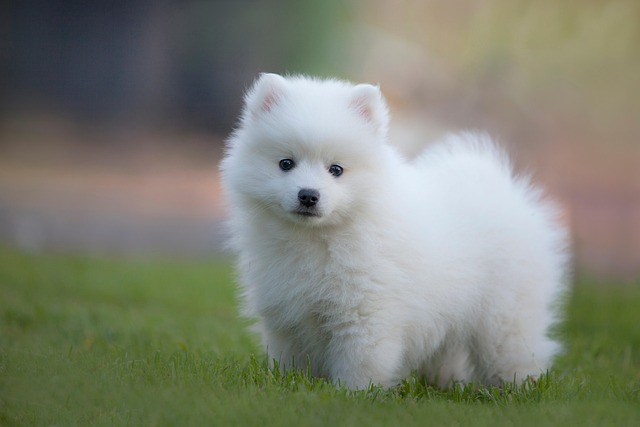
What is glaucoma in a dog?
You might notice your dog squinting more at mealtime or avoiding bright sunlight—these small changes could be early signs of a serious eye condition.
You’ve survived the first month with your wiggly Golden Retriever pup, Max. The 3 AM potty breaks, the shoe massacres, the razor-sharp baby teeth. As he approaches 12 weeks, you’re desperately Googling: "Will this get easier?" Let’s be honest – it’s less about magic relief and more about shifting challenges. At this stage, Max enters a critical developmental phase where puppy vaccination schedules collide with newfound curiosity and boundary-testing. Understanding this transition is key to surviving your Seattle high-rise or suburban backyard.
Biologically, 12-week-old puppies experience a fear period while gaining physical coordination. That clumsy ball of fluff now jumps onto your sofa with ease but might panic at trash cans. Their baby teeth are falling out (hello, intensified chewing!), and their brain is primed for rapid learning – for better or worse. This isn’t automatic "easiness"; it’s a golden window for positive reinforcement puppies training. Punishment like yelling or rubbing their nose in accidents? Big mistake. It risks creating lifelong fears, especially in confined spaces like apartment elevators. Instead, reward calm behavior with tiny cheese bits when delivery trucks pass your window.
So what actually improves? Potty training can click if you’re laser-consistent. Max starts bladder control around now – but don’t celebrate yet. Set phone alarms every 90 minutes for bathroom breaks in your designated patio spot (always carry waste bags – fines hit $250+ in NYC parks for missed cleanups!). For biting, redirect those needle teeth onto frozen carrots or a Kong instead of hands. Crate training becomes smoother as he learns to settle – essential for apartment puppy training when you need to shower or work. Struggling with 3 PM zoomies in your Chicago studio? Capture calm: toss treats when he lies down voluntarily.

Here’s the compliance reality check: By 12 weeks, Max needs his second round of DHPP shots and possibly rabies vaccination (legally required by 16 weeks in most states). Until fully vaccinated, avoid dog parks – but use this time to practice leash skills in quiet hallways or backyards. Remember: even in "quick pee breaks," you must scoop immediately – neighbors will report repeat offenders in condo communities. When he inevitably barks at hallway noises, reward quiet attention to you, not scolds. This builds polite habits aligning with community pet bylaws that fine for nuisance barking.
Does it get easier? Yes, in the sense that predictability increases. You’ll master his nap schedule, recognize "I need to potty" whines, and see glimmers of the dog he’ll become. But weeks 12-16 often bring new tests: counter-surfing attempts, selective hearing during walks past squirrels, or regression in training. Stay patient. Stick with force-free methods, keep vaccination records current (many doggy daycares require proof!), and celebrate small wins. That chaotic puppy phase? It’s building a resilient companion for hiking trails, patio brunches, and peaceful apartment living – one chicken-rewarded "sit" at a time.

You might notice your dog squinting more at mealtime or avoiding bright sunlight—these small changes could be early signs of a serious eye condition.

Let’s set the scene: It’s a sweltering Phoenix afternoon—105°F outside—and you rushed your 2-year-old Lab mix, Cooper, on a quick walk to “get it over with.”

Let’s get real: You’re in your Miami apartment, watching your 3-year-old Corgi, Loki, struggle to climb the stairs to your second-floor unit.

Many dog owners brush off occasional scratching as just “dog behavior,” but persistent itching often signals something more—like a food allergy.

You might first notice your dog scratching more than usual—chewing at their paws until the fur looks thin, or rubbing their face against the couch nonstop.

Let’s be real: You’re standing in your Chicago apartment, watching your 3-year-old Beagle, Max, huff and puff just to climb onto the couch.